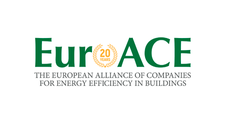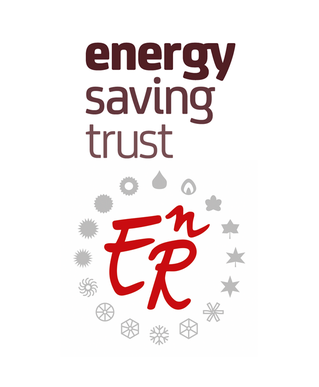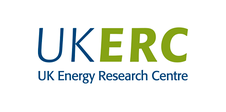Search eceee proceedings
Social-environmental-economic trade-offs associated with carbon-tax revenue recycling
Panel: 7. Make buildings policies great again
This is a peer-reviewed paper.
Authors:
Louis-Gaëtan Giraudet, CIRED, France
Cyril Bourgeois, CIRED
Philippe Quirion, CIRED
Abstract
As carbon taxes gain traction and grow tighter in OECD countries, the question of their recycling becomes crucial for political acceptance. Considering the impact of the French carbon tax in the residential sector, we examine the trade-offs between fuel poverty alleviation, energy savings and economic leverage for two revenue-recycling options – as a lump-sum payment or as a subsidy for energy efficiency improvement, each restricted to low-income households – defined as those belonging to the first two quantiles of the income distribution. We do so using Res-IRF, a highly detailed energy-economy model that interacts housing features (single vs. multi-family, energy efficiency, heating fuel) with key household characteristics (tenancy status, income of both owners and occupants).
We find that the energy efficiency subsidy recycling is superior to the lump-sum payment in all respects; it even annihilates the regressive effect of the carbon tax from 2025 onwards. No recycling, however, effectively addresses fuel poverty in private, rented housing.
Downloads
Download this paper as pdf: 7-376-19_Bourgeois.pdf
Panels of
1. The dynamics of limiting (energy) consumption
2. What's next in energy policy?
4. Monitoring and evaluation for greater impact
5. Smart and sustainable communities
7. Make buildings policies great again
8. Buildings: technologies and systems beyond energy efficiency
9. Improving energy efficiency in ICT, appliances and products

























